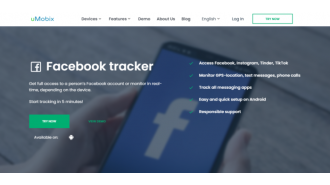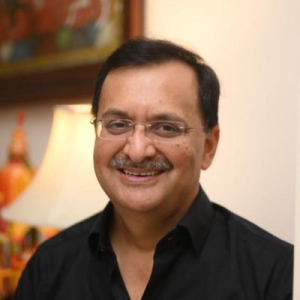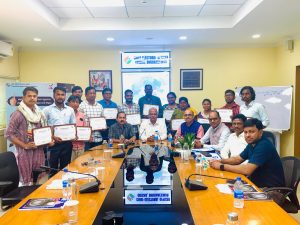Seeing a video of myself at 4 years old was heartbreaking.
The footage strengthens my resolve to prevent any disabled child from being isolated because of their disability.

I have had some of the most incredible moments of my life thanks to my passion for wheelchair racing. As I was watching a home video of myself recently, I saw a four-year-old version of myself playing on the floor with a doll. It was a precious memory, but it also brought back a wave of emotions.
In the video, my parents asked me if I wanted to get back into my wheelchair, to which I responded with a resounding "No!" I didn't want to be on my own. It was a heartbreaking moment for me to realize that at such a young age, I already felt the weight of my disability.
Looking back at that footage, I couldn't believe that I once felt that way. I always remembered myself as a confident and determined person, but it was a sobering reminder that it hasn't always been like this. If only that four-year-old girl could see me now – a seven-time Paralympic gold medallist, with 16 world titles and countless world records. I don't think she would have believed it.
My journey has been a unique one. Unlike many athletes, I didn't grow up going to an athletics club or seeing someone on TV and thinking, "I want to do that." In fact, most of my childhood experiences with sports involved watching from the sidelines.
During school breaks, I would sit on a picnic bench while my classmates played, and during PE lessons, I would do my physiotherapy exercises in the corner while everyone else changed into their PE kits. It was isolating and made me feel different from my peers. But it wasn't until I was 12 years old that everything changed.
Thanks to my incredible PE teacher, Mrs. Daniel, who went above and beyond to get me active, I was introduced to a whole new world of sports. She invited a local wheelchair basketball team to our school, and I was amazed. I joined the team within a week and tried every sport imaginable through them.
At the age of 15, I discovered wheelchair racing, and it was a game-changer for me. I didn't know then that it would become the sport that changed my life. I was just excited to show everyone what I was capable of, instead of sitting on the sidelines. I started spending every evening at the track, pushing myself to do more and enjoying the freedom and independence that came with it.
It's been 17 years since then, and I have trained six days a week for 49 weeks out of the year. I have had some of the most incredible moments of my life because of wheelchair racing. I still remember the feeling of crossing the finish line and winning my first Paralympic gold medal at the London 2012 Paralympic Games. The love and support from 80,000 voices in the stadium were overwhelming.
Looking back, it's hard to believe that the one thing I was once held back from is the same thing that has given me so many incredible opportunities. I have met royalty, traveled the world, and even met my favorite band, McFly. But I know that not every child has a Mrs. Daniel to guide them towards their passion for sports.
Currently, 75% of disabled children in the school system do not participate in regular physical activity. It's shocking that over 20 years later, disabled children are still being left on the sidelines while Para athletes are now household names. Awareness and acceptance are growing, but little has changed in the school system, meaning thousands of children are missing out on the recommended 60 minutes of daily physical activity.
That's why I jumped at the chance to be a part of ParalympicsGB's "Equal Play" documentary, which will air on Channel 4 before the start of my fourth Paralympic Games. The film follows 11-year-old Tammy and 14-year-old Marley and their fight against systemic barriers to discover the transformative power of sport. It was through this documentary that I came across the heartbreaking home video of myself at four years old.
I hope that young Hannah would be proud of how far she's come. Watching that footage only fuels my determination to ensure that no other disabled child ever has to feel isolated because of their disability. My performances on the track can only do so much, but we also need to make sure that schools have the funding, equipment, and training to include all children in sports.
Programs like ParalympicsGB's Get Set schools and the Every Body Moves website, which helps disabled people find inclusive activities in their area, are vital in breaking down barriers to sports. And most importantly, we need to listen to the voices and experiences of children like Tammy and Marley.
As we approach the Paris 2024 Paralympic Games, I hope that we can remember that sports can change lives and improve health and confidence. It's unacceptable that only 25% of disabled children in the UK regularly participate in sports. We need to change that, and I believe that our athletes' performances and this film can be the catalyst for that change.
Do you have a story you'd like to share? Please get in touch by emailing James.email. And don't forget to tune in to "Equal Play" on Channel 4 streaming. Channel 4's coverage of the Paralympics also includes support for ParalympicsGB's Every Body Moves program, which you can learn more about on their website: https://everybodymoves.org.uk.
Let's work together to ensure that every child, regardless of their abilities, has the opportunity to enjoy the transformative power of sports. Share your thoughts in the comments below.










